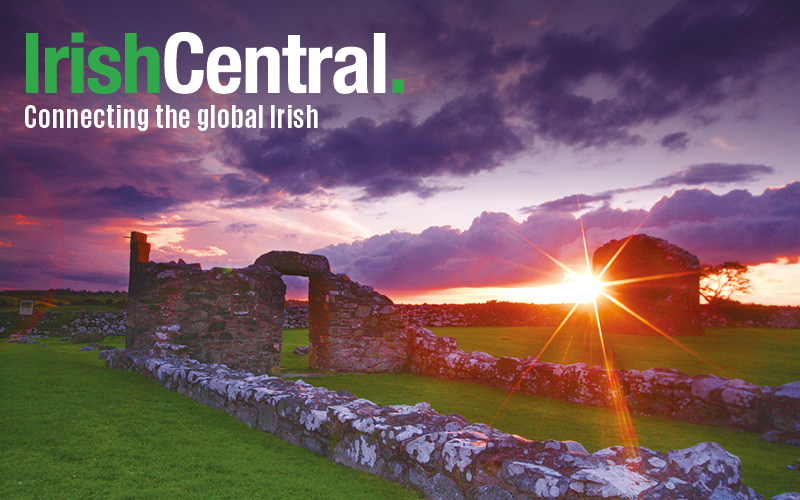The skulls of Irish who lost their lives during 16th and 17th century battles were ground up and consumed by the English aristocracy, as it was believed they could cure illnesses and heal wounds.
The claim is made in a new book "Mummies, Cannibals and Vampires", by the British academic Dr Richard Sugg, who is a lecturer at Durham University.
Sugg maintains that skulls at one stage, where among the biggest exports from Ireland to the British Isles.
The skulls most sought after were those that had been left to rot on the battlefield. If unburied, moss gathered and grew on them and when ground up with the skull was said to have a unique healing power.
Dr Sugg said: "Medicinal cannibalism used the formidable weight of European science, publishing, trade networks and educated theory. Whilst corpse medicine has sometimes been presented as a medieval therapy, it was at its height during the social and scientific revolutions of early-modern Britain. It survived well into the eighteenth century, and amongst the poor it lingered stubbornly on into the time of Queen Victoria."
The new book maintains that English troops massacred villagers in nearby settlements so as the dead could not be buried. Skulls covered in moss could be sold for up to 11 shillings each, which was a considerable amount in the 16th and 17th century.
The skulls were also sold in chemist shops around London.
Originally the wealthy English used Egyptian mummies to create such potions. The Elizabethan founder of modern sciences, Francis Bacon discovered that newer, moss-covered skulls were better and could be for retrieved from “heaps of slain bodies” which lay unburied in Ireland. Bacon got the information from the Earl Of Essex whose army killed thousands of Irish in the late 1590s.
Once ground, the material could be drunk, or made into paste to heal wounds. It could also be used for the treatment of epilepsy and depression.
Sugg’s research suggests that many ancestors of the current Queen of England used the corpse medicines.
Charles II "more or less patented it" according to the book as the potions he created "became increasingly known as "the king’s drops".
The trade of skulls was so lucrative that the English introduced an import tax of one shilling per skull known as cranium humanum.




Comments